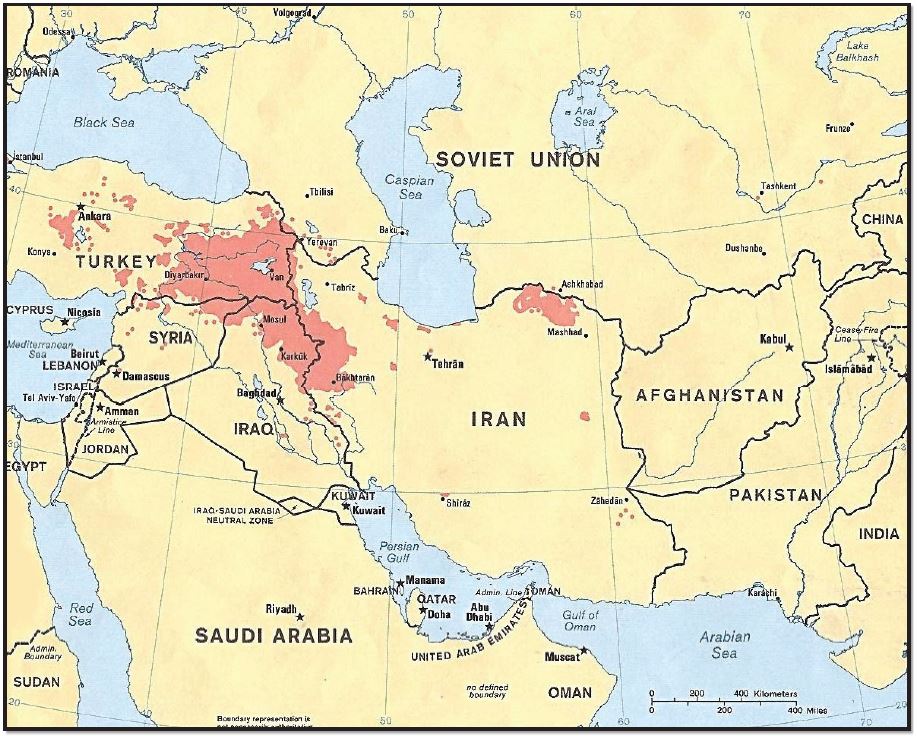70 8.2 HOW POLITICAL SPACE IS ORGANIZED
The fundamental unit of political space is the state, and this type of state is different than the states that make up the United States. A state is basically synonymous to a country and represents a formal region in which the government has sovereignty or control of its own affairs within its territorial boundaries. The number of states in the world is currently 196, but this number changes through military conquests or the devolution, or breakup, of states. For example, the United Kingdom has devolved over the past 70 years as the Republic of Ireland has broken away from the UK, and a new referendum may occur in the next few years to decide whether or not Scotland will become independent. Another prime example of the creation of new states occurred after the breakup of the Soviet Union, when fifteen states were created in Eastern Europe. Even a terrorist group, the Islamic State, has tried to establish its own state in portions of Syria and Iraq, even though their legitimacy is not recognized by the international community.
States in which the territorial boundaries encompass a group of people with a shared ethnicity are known as nation-states. These states are generally homogeneous in terms of the cultural and historical identity of the people, and these groups of people are referred to as a nation. A few current examples of nation-states are Japan, Finland, and Egypt. Nation-states are actually in the minority compared to multinational states, which are states that have more than one nation within their borders. With international migration being a significant phenomenon worldwide, more states become multinational. In contrast, some nations exist but do not have their own state, and those nations that desire to become nation-states are known as stateless nations. In the United States, a prime example of stateless nations are the many Native American tribes scattered throughout the countries. Other examples include the Palestinians living in Israel, Syria, Lebanon and Jordan, and the Kurds found in Iraq, Turkey, Syria, and Iran (Figure 8.1). Both the Kurds and the Palestinians are actively seeking statehood, but serious obstacles must be overcome because the countries where they live are reluctant to grant them independent territories.

Figure 8.1 | Kurd-majority areas in Turkey, Syria, Iraq, and Iran
Author | U.S. Central Intelligence Agency
Source | Wikimedia Commons
License | Public Domain
The solidarity and unity of a state is influenced by both centripetal and centrifugal forces. Centripetal forces tend to bind a state together, and centrifugal forces act to break up a state. Examples of centripetal forces include nationalism, economic prosperity, and strong, ethical security forces. Centrifugal forces include wars, ineffective or corrupt governments, and market failure. Other factors that can influence the solidarity of a state include types of boundaries, ethnic differences (which may result in unity or discord), and the compactness of a state.
The compactness of a state is related to the shape of a state, and a compact state is one that is ideally circular in shape, where the distance from the center to any border is roughly equal. In contrast, a fragmented state is one that is discontinuous in nature and may consist of a number of islands. A few examples of fragmented states include Indonesia and the Philippines. Indonesia consists of over 17,000 islands, and in order to increase the solidarity of the state, the government actively encouraged migration to less populated islands in order to assimilate indigenous populations. In the Philippines, control of its southern islands such as Mindanao is problematic because of terrorist groups that are active in those areas.
